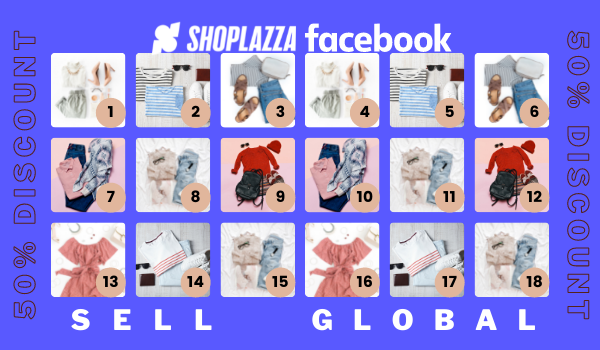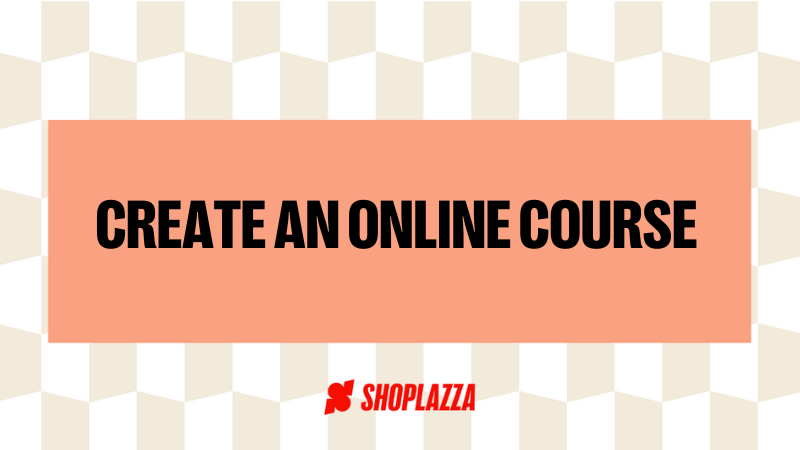In our previous SEO article, we talked about basic SEO concepts and the importance of keywords.
But once you have your keywords, where do you put them?
Q: Where should I put keywords on my website for SEO?
A: Keywords should be put on individual website pages as part of on-page content, and they should also be inserted into your website structure as page tags (which are typically written in HTML).
If you don’t know HTML, you are in luck, because modern online store builders like SHOPLAZZA and Shopify allow you to edit web pages for SEO purposes directly from a textbox!
Q: How do I write SEO content?
A: First, you should focus on one keyword per page - the general rule is to focus on a single keyword per individual landing page or blog article.
Then, your title should be filled with keywords, since the first part of your article title will appear in Google search results as a headline. There will be a meta description textbook on major website builders like SHOPLAZZA, Wix, and Shopify - you should fill up this space with punchy writing that also includes your keywords.
After that, you need to weave your keywords naturally into your headings - these titles will break up your article into smaller sections. You should also include at least one image with a description that includes one of your keywords.
Another thing that you can do is to insert links to your other quality articles within your SEO content, as it will help improve the SEO ranking of all pages concerned. Lastly, try to populate 3-5% of your article with keywords without affecting the grammar.
BUT you should be careful not to stuff your article full of keywords because Google will be able to detect this type of behavior and punish your website accordingly. The general rule is to insert keywords with sufficient frequency so that Google will pick up your content, but not so much that human readers will find your article awkward to read.
Q: Can I edit my content for SEO without affecting its Google ranking?
A: While you should optimize your content regularly for SEO, don’t change your headers, titles, and descriptions too frequently. This is especially true of your HOME PAGE. Google will penalize websites that frequently “shapeshift”. A good rule to follow is to make major changes only every 90 days. Now, this rule does not apply to the content itself, as Google rewards home pages with frequent content updates but penalizes landing pages (including the home page) with frequently changing titles.
Q: Do blog posts help with SEO?
A: Having a blog on your website with frequently updated content will absolutely help for SEO purposes. Blogs are essential for both social media and Google SEO.
Having keyword-heavy content on your blog allows your website to become an authoritative voice on topics that are relevant to your demographic. And it’s a great way for you to write about long-tail keywords that are not so difficult to rank for on Google.
A consistently updated blog also helps you to alert Google that your website is full of fresh content, which translates to higher rankings in its search results.
Q: How should I edit my page URLs for SEO?
A: Your page URLs should include keywords that are consistent with your target keyword for the linked landing page. Modern online store builders like SHOPLAZZA and Shopify have textboxes that allow you to edit your URLs directly from the admin page. A rule of thumb is to have an URL that is not only populated with relevant keywords but also be logical enough for a human reader to understand e.g. https://www.mybusiness.com/online-sale/marketing-techniques is better than https://www.mybusiness.com/%/81?files?/new/online%sale/marketing%techniques%


